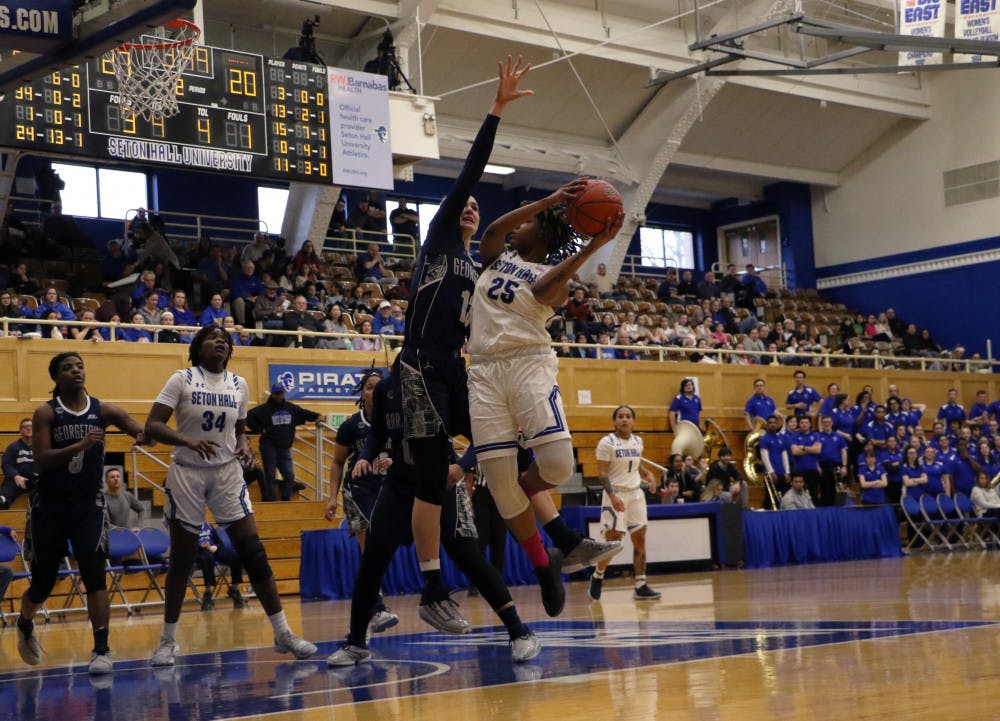
NBC
I’ve been fascinated by broadcasters since I was 10 years old. From an early age, I loved to not only watch sports and news shows, but I liked to talk about what I was hearing. I would sit in front of my TV and begin to act as if I was conversing with the commentators. I would then turn down the volume and begin to commentate myself just by watching the screen.
As someone who loved to just talk, that’s how I got into being interested in being a broadcaster. And it took off when I was 10. That’s when my elementary school teachers began getting us kids to think about this big question: “What do you want to do when you grow up?”
I thought there was something special about being one of the only kids in my class who could give a straight-forward answer, and not because my dad was doing what I wanted to do. My mom tells me that her friends would say that I wasn’t like the other kids. While they were playing games at parties, I was impersonating Al Michaels and Joe Buck as they called my favorite sports. And then when I would turn to news, there was one man that I would try to impersonate. I would also hum the orchestra music, as embarrassing as that sounds to me now, and then follow with, “From the NBC Studios, here’s Brian Williams.”
Williams was and has been the face of news to me. He was the one that I trusted. Whenever my dad came in from his 8-6 work day, the remote went into his hands and on went “Brian,” as our family referred to him.. Since I arrived at Seton Hall two years ago, I still sit down whenever I can at 6:30 p.m. to watch Brian.
In a time where social media and the wide world of technology have made just about anybody and everybody a member of the media, it pains me to think that the man that I thought I could trust most in telling the world the truth is now considered a liar. And, to think that the company he works for suspended him six months without pay makes me wonder what I should believe anymore.
Apparently, telling the truth isn’t as big a priority as I thought it was in reporting the news. And Williams did not just make a mistake and correct it. The story that he has been telling, in which he has described his experiences of being in a helicopter with American soldiers that was shot down by ground fire in Iraq in 2003, is part of Williams’ reporting on the war in Iraq. To think that Williams lied on a story connected to one of the most impactful conflicts that the United States has known in this young century adds to the significance of the mistruth.
As for my parents, they haven’t watched any national news programming. Since the Williams lie was unleashed, my dad still watches the 10 p.m. local news, but he has not laid eyes on the national telecasts. That’s no offense to Lester Holt, who is taking over for Williams over the next six months, but my dad just refuses to pay attention to national coverage when the man that he trusted over anyone on television, Brian, has lied to him. As a journalist in training, I don’t think a day that goes by when I’m not aware of the absolute necessity of telling the truth in my reporting. It is the first obligation of journalism, or so I thought, but now it begs the question, “Who can we believe will tell us the whole truth?”
For Seton Hall students, it’s not Brian. I asked several about the situation and many did not even know who Williams is. According to a recent study by Nielson, traditional TV usage has decreased by over 10 percent between September and January.
“The place to go for me is twitter and facebook,” said sophomore Jason Supplee. “I found out about Williams through SNL jokes (Saturday Night Live).”
Students are not getting their news by sitting and watching TV programming anymore. While the Williams scandal is major in the world of TV news, the fact is that students really aren’t paying close attention to what’s being shown on TV. They would rather enjoy the selectivity that social media brings to their attention.
Then again, it’s not unexpected. Our generation has come to learn that we are in control of the news that we get. It’s not even about the truth anymore. It’s really about what the consumer is interested in. It would be nice to be able to suggest a solution, but when one of the faces of news, Williams, is not even reliable, that leaves society with nowhere to go in terms of what they should and should not believe anymore.
John Fanta is a sophomore journalism major from Westlake, Ohio can be reached at john.fanta@student.shu.edu.





